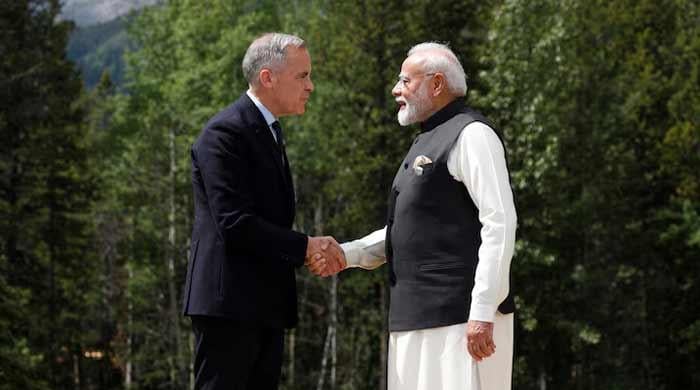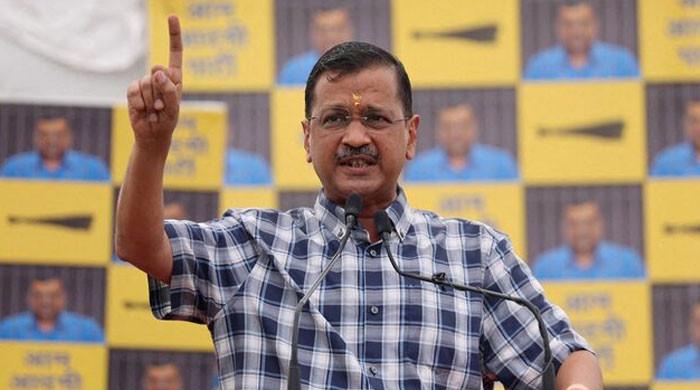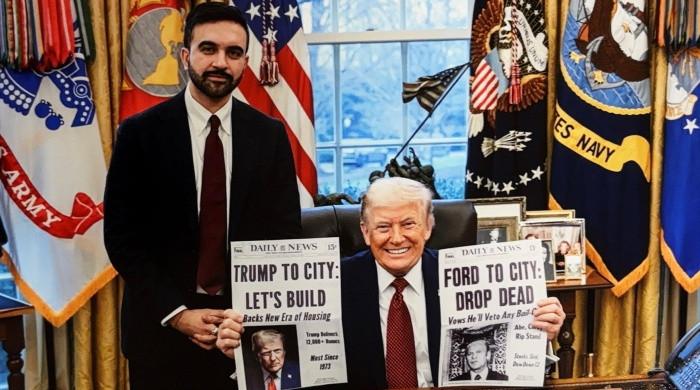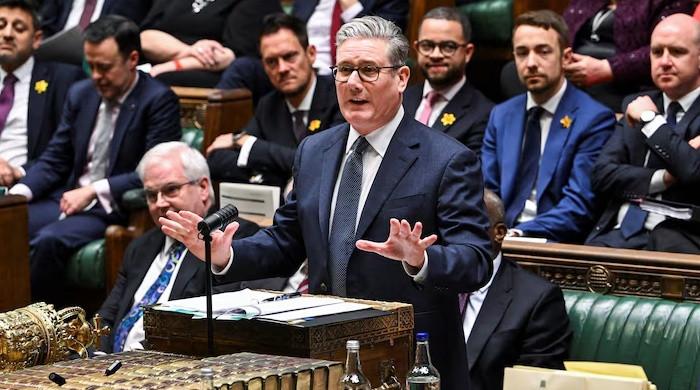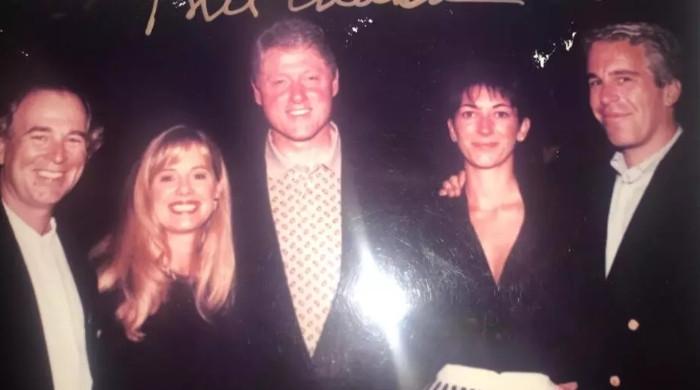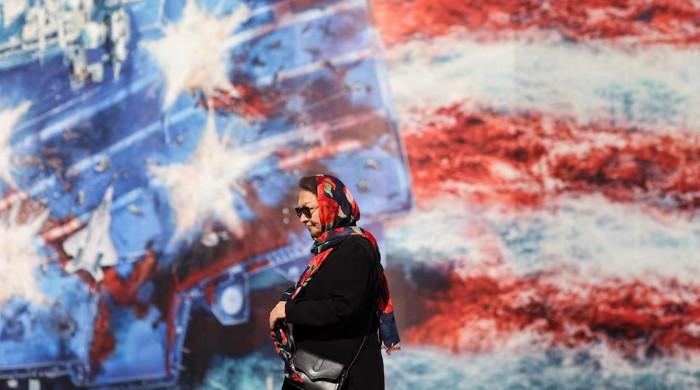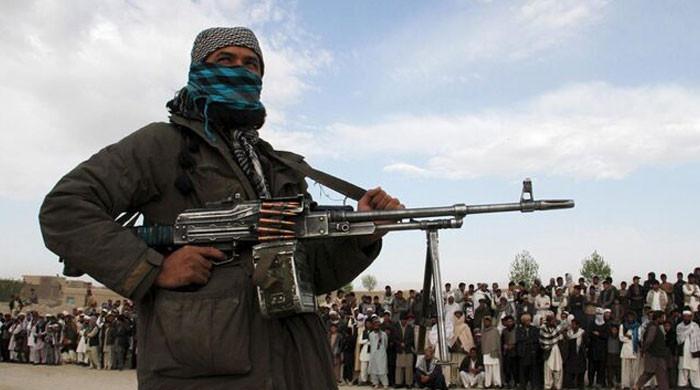Saudi, Iranian top envoys meet to cement ties under China-brokered deal
Beijing's role in breakthrough between Iran, Riyadh shakes up dynamics in Middle East, where US was main mediator for decades
April 06, 2023
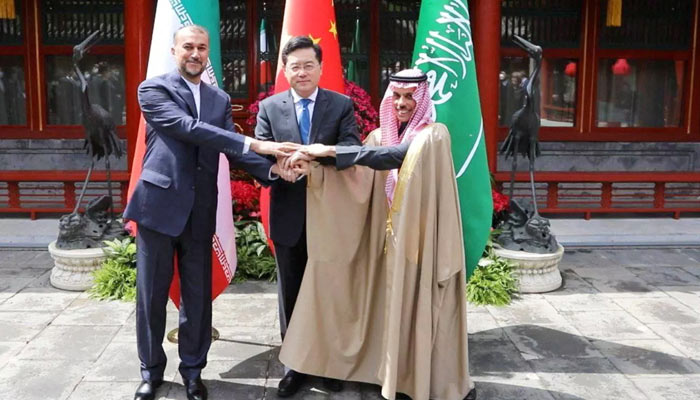
- Tehran, Riyadh agree to end diplomatic rift and re-open embassies.
- Beijing's role in breakthrough shakes up Middle Eastern dynamics.
- Deal challenges US' role as main mediator in region for decades.
BEIJING/DUBAI: The foreign ministers of Iran and Saudi Arabia met in Beijing for the first formal meeting of their most senior diplomats in more than seven years, CCTV news reported on Thursday, after a China-brokered deal to restore ties between the regional rivals.
After years of hostility that fuelled conflicts across the Middle East, Tehran and Riyadh agreed to end their diplomatic rift and re-open embassies in a major deal facilitated by China last month.
In brief footage broadcast on Iranian state TV on Thursday, Prince Faisal bin Farhan Al Saud and his Iranian counterpart, Hossein Amirabdollahian, greet each other before sitting down side by side.
In March, China's President Xi Jinping helped broker a surprise deal between regional rivals Tehran and Riyadh to end a seven-year rift and restore diplomatic ties — a display of China's growing influence in the region.
In March, Xi spoke by phone with Saudi Crown Prince Mohammed bin Salman Al Saud about several issues.
The resumption of relations that was announced last month and arrangements for the exchange of ambassadors was discussed in the meeting, Iran's semi-official ISNA news agency reported.
Beijing's role in the breakthrough between Tehran and Riyadh shook up dynamics in the Middle East, where the United States was for decades the main mediator.
Saudi Arabia cut ties with Iran in 2016 after its embassy in Tehran was stormed during a dispute between the two countries over Riyadh's execution of an Iranian Muslim cleric.
The kingdom then asked Iranian diplomats to leave within 48 hours while it evacuated its embassy staff from Tehran.
The relationship began worsening a year earlier, after Saudi Arabia and the United Arab Emirates intervened in the Yemen war, where the Iran-aligned Houthi movement ousted a Saudi-backed government and took over the capital, Sanaa.
For Saudi Arabia, the deal could mean improved security. The kingdom has blamed Iran for arming the Houthis, who carried out missile and drone attacks on its cities and oil facilities.
In 2019, Riyadh blamed a massive attack on Aramco oil facilities, which knocked out half of its oil output, directly on the Islamic Republic. Tehran denied those allegations.




